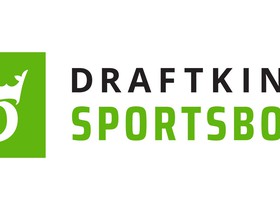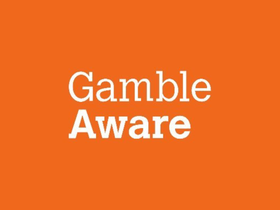Ever since the Supreme Court repealed PASPA and states were allowed to regulate their own igaming markets, sports betting industry has thrived across America, with many states allowing major sports betting apps to launch and operate within their borders.
The sports betting companies have been doing well too, and their significant revenues have allowed them to invest a lot into advertising.
If you live in a state that has legal sports betting apps, you have probably seen your fair share of these ads, many of them airing during major sports events like the Super Bowl or NBA playoffs, but also throughout regular programming.
Over the last couple of years, a number of lawmakers and experts have looked at restricting these ads, believing them to be a net negative for the citizens of their states, many of whom fall pray to problem gambling.
Increased Calls for Sports Betting Ad Restrictions
While online casinos and poker sites are also legal in a handful of states by now, sports betting is much more widespread, and has thus caught the eye of the lawmakers more.
Major betting sites like DraftKings and FanDuel invest a big portion of their budgets into advertising, and they spare no expense in creating appealing ads that help would-be sports bettors better understand their products and join their platforms.
At the same time, such ads have been recognized as problematic by many lawmakers, who believe such ads should either be banned altogether or restricted in some capacity.
For instance, US Rep. Paul Tonko of New York believes sports betting ads should be severely restricted. His SAFE Bet Act seeks to ban any sports betting ads during live sports events coverage, or before 10 pm regardless of the program in question.
What’s more, the Act would prohibit ads from promoting bonuses, odds boosts, and other similar promotions, or educate players on how to make bets.
On the state level, Ohio Rep. Bill Seitz suggested that raising the tax rate for betting operators was a positive, as it would restrict them from investing so much money into excessive advertising.
Over in Louisiana, Rep. Shaun Mena said: “In Louisiana, [there are] thousands of families who are impacted by problem gambling each year,” Mena stated. “It is my belief that deceptive advertising practices are currently being used to target impressionable young adults. Companies like FanDuel and DraftKings entice vulnerable populations into sports betting by offering ‘no sweat’ or ‘no risk’ bets, but these same companies are not transparent about the risks associated with gambling. I feel this issue needs to be legislated to protect Louisianans from predatory advertising practices that encourage gambling and create addictions in our State.”
Is Painting Betting Operators as Predators the Right Play?
While it is natural for lawmakers to have a certain fear of problem gambling, it is also important to note that painting operators who work in full compliance with the law as predatory could send mixed signals.
What’s even more, restricting ads for betting operators, while allowing other gambling companies like WSOP US to advertise openly would also raise other important questions.
Over the short time online sports betting industry has been alive in the US, we have seen operators do their best to provide players with the best responsible gambling tools around and remain vigilant in curbing out problem gambling.
Yet, lawmakers pushing too hard against betting apps advertising on TV and in other media could very well see another raise of illegal offshore betting sites who don’t have to abide by the law.
While the danger of problem gambling is certainly real and proper regulation for all segments of the industry is necessary, it is also key for lawmakers to understand the needs of the operators who contribute millions of dollars in taxes and fully comply with the terms and conditions of their gaming licenses.
Looking forward, it will be interesting to see if lawmakers and igaming companies can work together to create a framework that works well for everyone and ensures that end-users are protected and safe from the dangers of excessive and problem gambling.



